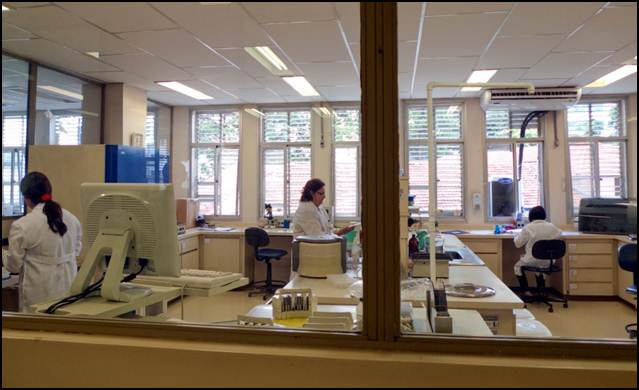Global Clinical Trials
Cancer as a disease is seen in across the globe and as individuals live longer, the burden of cancer is projected to increase. The American Cancer Society anticipates that by 2030 the number of cancer deaths will rise to 13 million, with ~70% of cancer occurring in developing countries.

It is important for us to study cancers both in the U.S. and across the globe because cancers that are currently less frequent, yet quite fatal, in North Carolina and the U.S. are abundant in certain global locations. These cancers can be studied in places like Africa where the numbers are much higher.
Conducting cancer trials internationally advances basic and translational research initiated and performed at UNC. The diversity of our global population opens up research horizons for lesser studied cancers by providing access to more patients who may agree to participate in research. This will directly impact the health of citizens in the U.S. and world-wide.
UNC Lineberger has a robust infrastructure that can be deployed in support of global cancer clinical trials. In addition to the UNC Lineberger’s dedicated Clinical Protocol Office, the center has cores in biostatistics, translational pathology, tissue procurement, as well as a clinical database.
Other core facilities useful to researchers engaged in clinical trials include the UNC Vironomics Core and cores sponsored by the UNC Center for AIDS Research.
